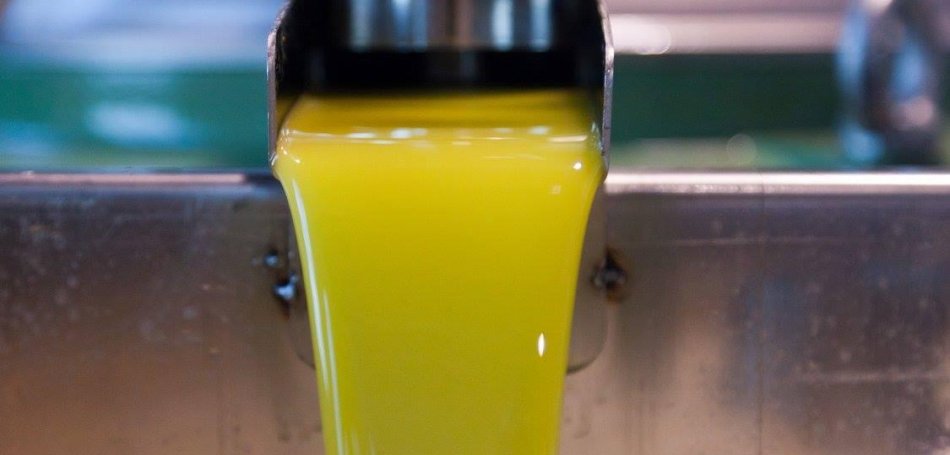
- publicado 24.01.2025
- por Cuenqueando
- productores localesgastroturismo
Liquid gold, climate change and circular economy
The olive harvesting campaign in Cuenca is coming to an end and it is time to take stock. This year we have been able to experience the start of the campaign in the region of La Alcarria Conquense, where a 30% reduction in production was predicted, according to Miguel Angel Ibañez, manager of the Alta Alcarria cooperative.
Since the olive oil sector in Spain is one of the fundamental pillars of our economy, this drastic decrease is striking. According to data from the Ministry of Agriculture, Fisheries and Food, olive oil production in Spain accounts for 70% of the EU and 45% worldwide. This is not only of great economic importance, but also has a great environmental, social and territorial impact. When we arrive at towns like Valdeolivas, which if you don't know it, you're taking too long (it houses the only Romanesque paintings in Cuenca that you can visit), its olive-growing tradition is the hallmark of the place. For generations, people have lived off this prized crop, maintaining tradition and craftsmanship; but now it seems that climate change and depopulation are looming over its main economic source.
The decline in production in some years is attributed to the lack of rain and in others, like this one, to the strong haze in June, and the increase in temperatures is causing a lot of suffering, not only in the oil sector, but also in other areas of the agri-food sector such as beekeeping. Having a designation of La Alcarria honey that is very famous and appreciated by consumers, which could make new economies consolidate in the territory, it seems that it is only a matter of bravery. And to us, projects like Arroyo Miel seem not only brave, but very beautiful. During our visits to the factory we have learned so much about bees that we cannot help but be amazed at their resilience and their great adaptability to the climatic challenges that we face, but the challenges they face are still enormous. And we must not forget that they are vital pollinators for human beings because their survival is linked to our food supply.
These new challenges that we face require new measures and strong support that generate real responses to new problems, because while the immortal elites create dictatorships of capital, as our friend Daniel Arias-Aranda says in his article Defeating death or why dogs do not take out pension plans, in Cuenca our ideas are dying. There is the vision of maintaining traditions, trying to ensure that nothing changes, maintaining the Cuenca idiosyncrasy, let's do it; or on the contrary, we must demonstrate, as the bees are doing, our adaptability as a society and as individuals. If, faced with the loss of foraging bees, the bees that care for the brood take charge of foraging, and the workers reduce their time to go out to look for pollen... we see an amazing interconnection that we should start taking notes of, what do I say take notes of, the days of inactivity are over, the fastest, the one that offers the best adaptation to change will survive. No more laments, no more eas. It is time to put our heads to think, times of change are coming. Let's go!
References:
Daniel Arias-Aranda. Professor of Management. Writer. Author of "Dear student: We are deceiving you"
Ricardo Caliari Oliveira. Department of Animal Biology, Plant Biology and Ecology of the Autonomous University of Barcelona
Beck, E., Wenseleers, T. & Oliveira, R.C. The effect of forager loss on honeybee workers temporal polyethism and social network structure.Apidologie 54, 51 (2023)
 ES
ES EN
EN PT
PT